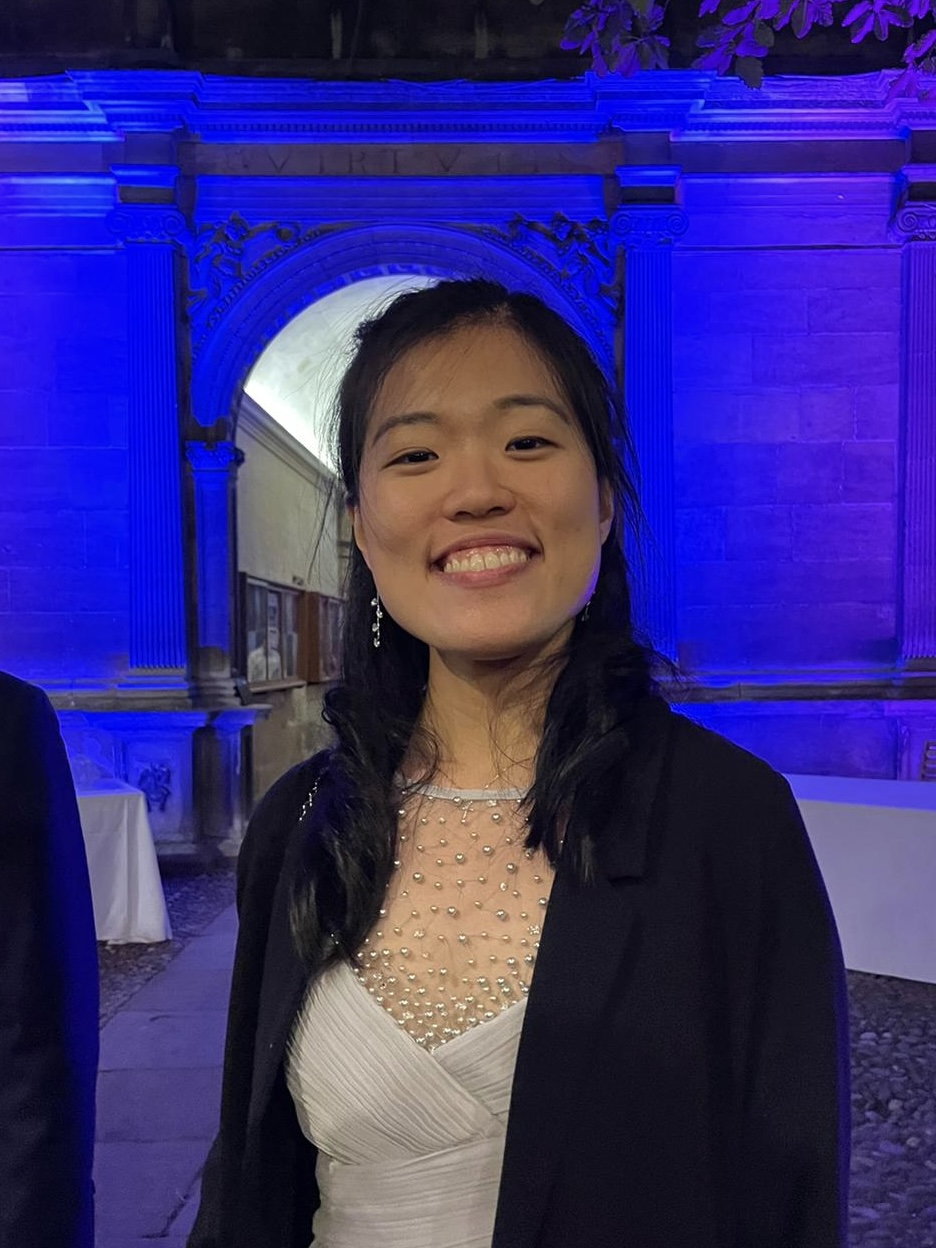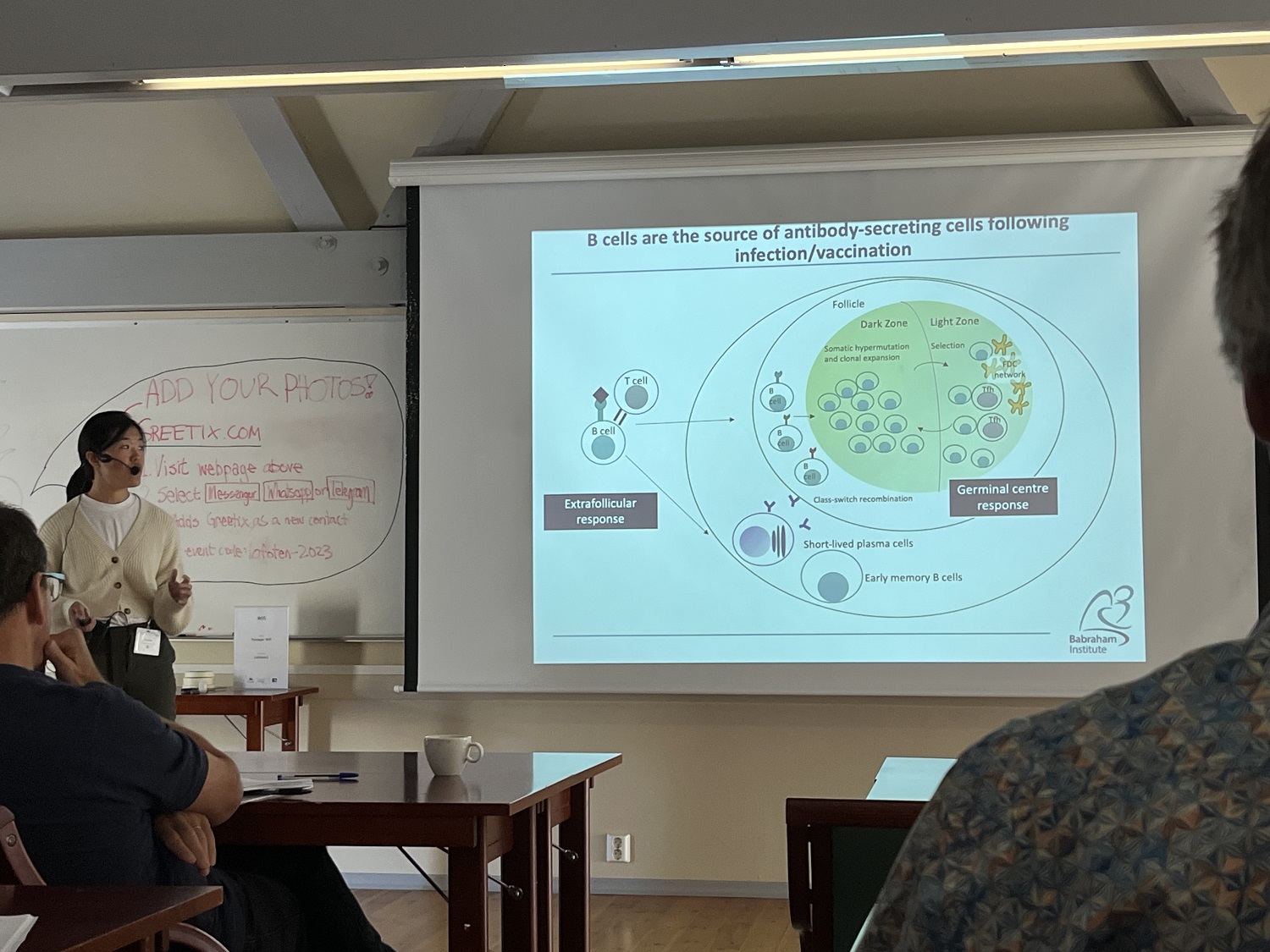Jia Le Lee (Biological Science PhD 2019) took time out of writing her PhD thesis to present her work on the effects of ageing on the functionality of B cells in relation to vaccine response in Norway last month.
Jia Le is in the final stages of her PhD write-up ahead of beginning her postdoctoral career at Harvard University in the United States this autumn. She travelled to Lofoten in north-west Norway to present at the 4th International Workshop on Molecular Immunology, organised by Professor Anne Spurkland of the University of Oslo.
Professor Anne Spurkland won awards in Norway for her work as an expert during the Covid-19 pandemic. Funded partly by the awards, the three-day workshop focused on the molecular basis for the pandemic, as well as modern immunotherapy. Around 100 internationally renowned immunologists from Europe, USA, Australia, Japan and Korea were present.
“It was a highlight to have the chance to present my PhD work among giants of the field,” Jia Le says.
Jia Le works at the Babraham Institute in Dr Michelle Linterman’s laboratory where the wider interest is how ageing affects vaccine response and the mechanisms which contribute to age-related defects.
She is specifically interested in B cells, a cell type which produces the antibody-secreting cells following infection or vaccination.
“The main conclusion from my PhD is that B cells from older people and aged mice are still generally functional, so we postulate that it is B cell-extrinsic factors that contribute to age-related defects and vaccine response,” she says.
Jia Le received funding from Gonville & Caius College and the Babraham Institute to attend the workshop, and she is happy with the progress of her PhD write-up.
She adds: “Most of my chapters have been written out as papers already. I had two first-author papers that can be included and I am just writing my final discussion chapter.”


